Dangers of Clean Eating
- November 2, 2016
- Last Updated: July 15, 2025
- 83 Comments
- Nutrition
While the term “clean eating” may symbolize wanting to eat healthy and less processed, there’s actually a lot more to it than that. Have you ever considered the dangers of clean eating? Let’s dive deep to talk about some of the side effects of clean eating and what you should know.
As an Amazon Associate, I may earn from qualifying purchases. You can read more here about our Disclaimer and Privacy Page.
Clean eating – the good, that bad and the ugly.
If you’re reading this blog post, you probably want to eat healthier, or at the very least, eat more healthy foods.
You care about your health and well-being. And maybe you think that eating clean is the only way to improve your bottom line.
In fact, the internet is ridden with search terms like “best foods for clean eating,” “what not to eat when clean eating,” “clean whole foods,” and more.
Honestly, these phrases just make me cringe. This post may have you second-guessing that when we discuss some of the side effects of clean eating.
What is “Clean Eating?”
What does “clean” mean anyway? It’s almost like one of those cult words, like IIFYM (if it fits your macros), but still, people will have their own definitions.
Some may say it’s all vegan, or paleo, or no added sugars, or nothing processed. There is definitely a preference when it comes to whole foods vs. processed foods.
The reality is that there is no true, universal definition of clean eating. It’s a subjective term. Clean eating is a myth!
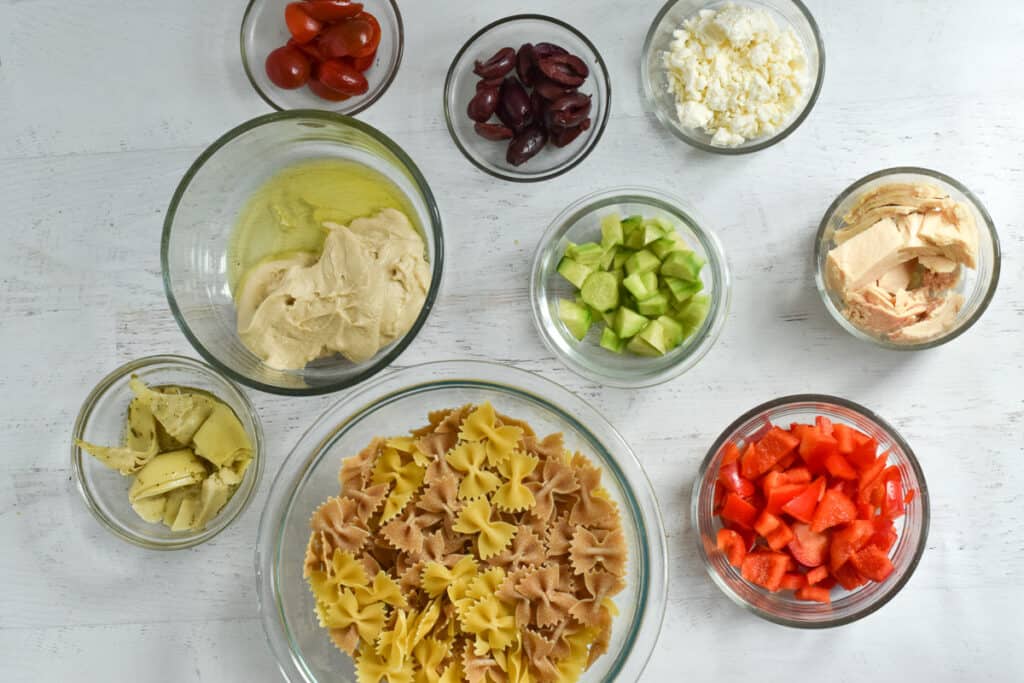
I think the term, “Clean Eating” started innocently enough, however, it’s morphed into eating habits that are borderline dangerous.
The term stemmed from people authentically wanting to be healthier, and understanding healthier food choices. And like anything, we can get so caught up in what is good and start to think that more is better.
The truth is, clean eating falls right under the wellness diet (or should I say, wellness in disguise), and is an example of the toxic diet culture we live in.
However, this brings the question, if we label foods as “clean” then what constitutes “unclean?”
Is food “dirty” if it’s “bad?”
Are we “bad” if we don’t stick to the clean foods grocery list?
As you can see, there are many problems with the label “clean eating,” and it can really tarnish your relationship with food.
Here are some of the other dangers to think about.
The Dangers of Clean Eating
Here are some of the dangers of clean eating that maybe you haven’t considered.
- Food obsessions – Becoming obsessed with certain foods or labeling foods as good or bad (such as the food police) can lead to too much mental energy around food, underfueling and an unhealthy relationship with food.
- Guilt after eating – Feeling guilty after eating is terrible for you, mentally, emotionally and even physically. You can’t enjoy your food if you are constantly worrying about how it will change your body or that you’re eating something toxic.
- It leads to labeling food as good or bad – This ties into feeling guilt after eating. However, food is a neutral, inanimate object and is not tied to morality.
- It doesn’t recognize that food can be eaten outside of nutrition – Remember, we eat for many reasons outside of just hunger and nutrition. We may also eat for pleasure and enjoyment, social interaction, emotions and more.
- Can lead to a very limited diet – Because of the labels “clean,” “good foods vs. bad foods,” and more, people can cut out many foods and even entire food groups in an attempt to eat clean. This can lead to unnecessary nutrient deficiencies and can impact health!
The Cycle of Clean Eating
Let me tell you where I can see “clean eating” going.
You’re trying your best to eat “clean” (as mentioned above, we have no real definition of this), and avoid any of the “off limits” foods.
You do so well for the first few days, but all you can think about are those cookies at home, or the french fries you want to order out at dinner.
And then, you finally “give in,” because you can’t stop thinking about them.
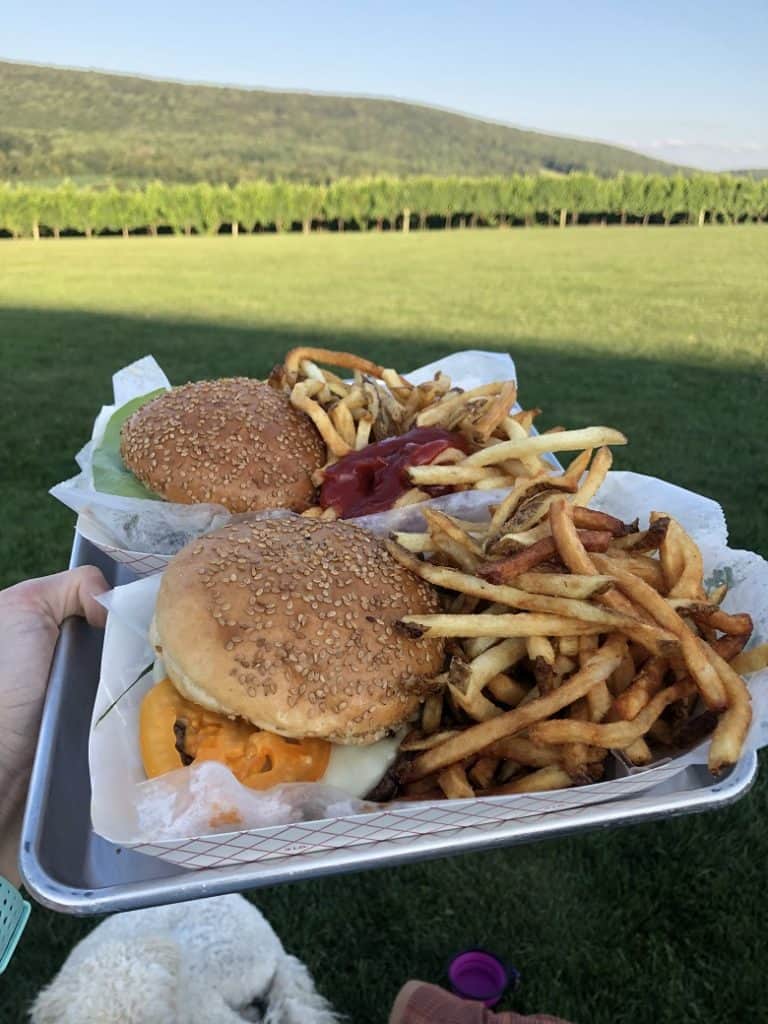
BUT, when you give in, you go all in, rather than stopping when you feel your fullness.
And then you disappoint yourself for not sticking to “clean” foods, and then you decide to try again the following day.
This cycle is likely to keep happening because when we tell ourselves that certain foods are off-limits, we want them more. It’s totally normal.
We have a high standard as RDs. Yes, we are trained in how the body works, how foods are digested, and why certain foods are linked to chronic disease, while others may decrease risk.
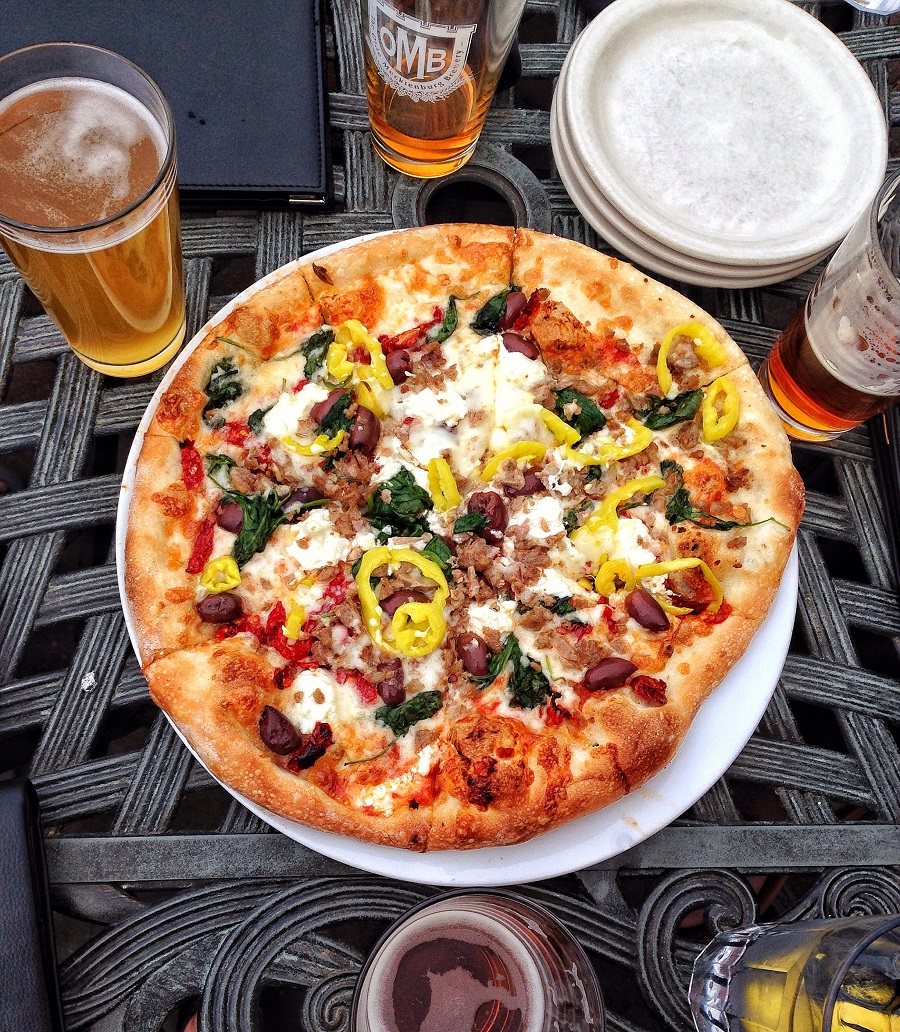
But, just because we have this education and credentials doesn’t mean we are perfect or clean eaters.
We’re humans! We struggle with many of the same things as the normal population, with weight changes, body image issues, hormone fluctuations, lack of time to meal plan and cook all our meals, etc.
Eating is not about perfection.
What Are Alternatives to Clean Eating?
Health is not dependent on our daily activities, it’s the snapshot over time. Our overall habits, feelings and choices.
Will some people disagree with my philosophy? Sure!
Nutrition is very controversial and ever evolving.
And then there are also self-proclaimed people (without credentials, mind you) selling diet books and drinks and meal plans, with their own opinions.
Do I have to put my RD hat on when I talk to clients? Absolutely.
Some people just don’t know why they have diabetes, or high blood pressure, or how to eat with PCOS, and that’s what I love talking about and teaching. I’m trained on that.
But I’m not trained in eating perfectly, or clean. Just like each person is so different, each practitioner has his/her own style as well.
I can’t preach to my clients what I don’t believe. And I don’t believe in clean eating.
We make so many food choices throughout the day that having to analyze and scrutinize each thing entering our bodies is exhausting!
Think about how much brain power that takes. It’s much easier to just eat what you’re craving at that moment and nourish your body.
Health is so much more than just the food we put into our bodies.
I’m just asking you not to freak out over clean eating, or lack thereof. You are WAY more than that, and so is your health!
Support Bucket List Tummy

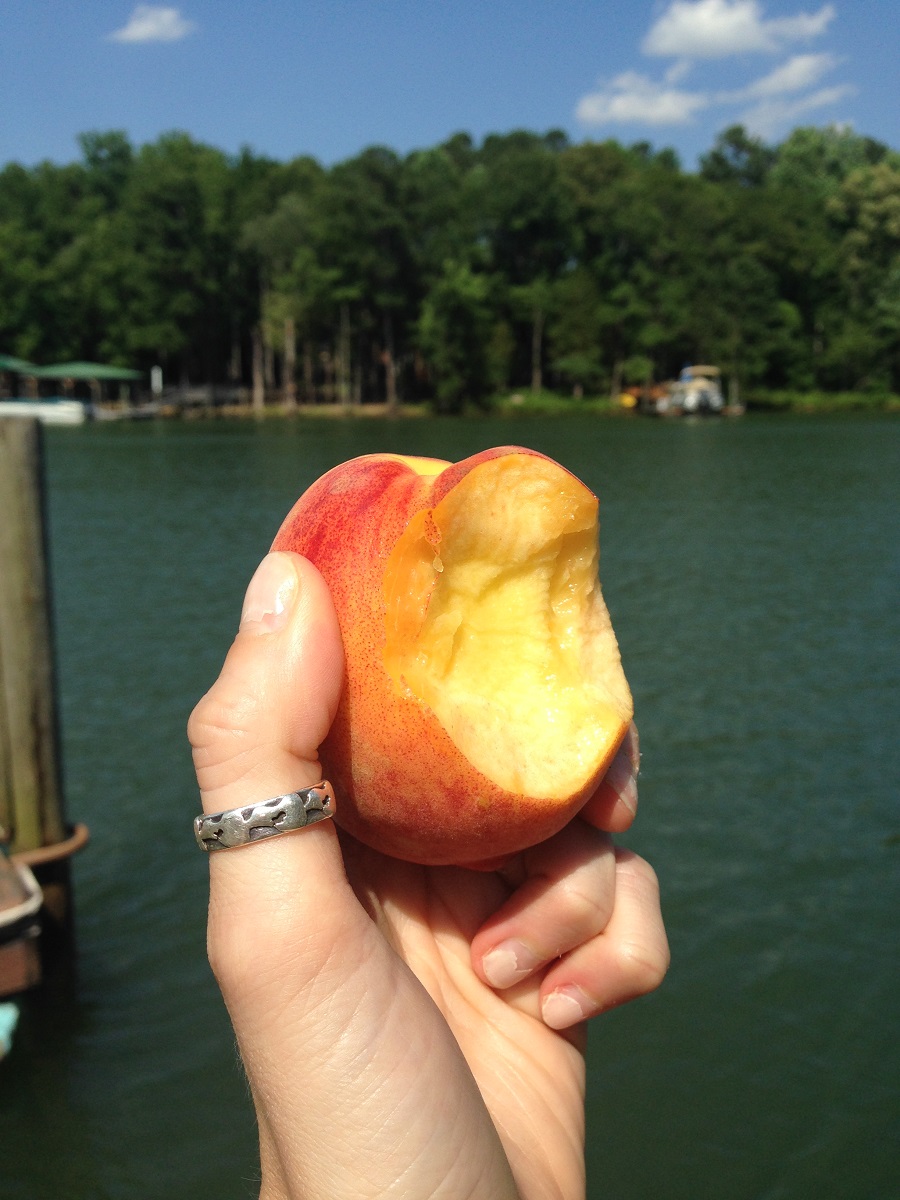
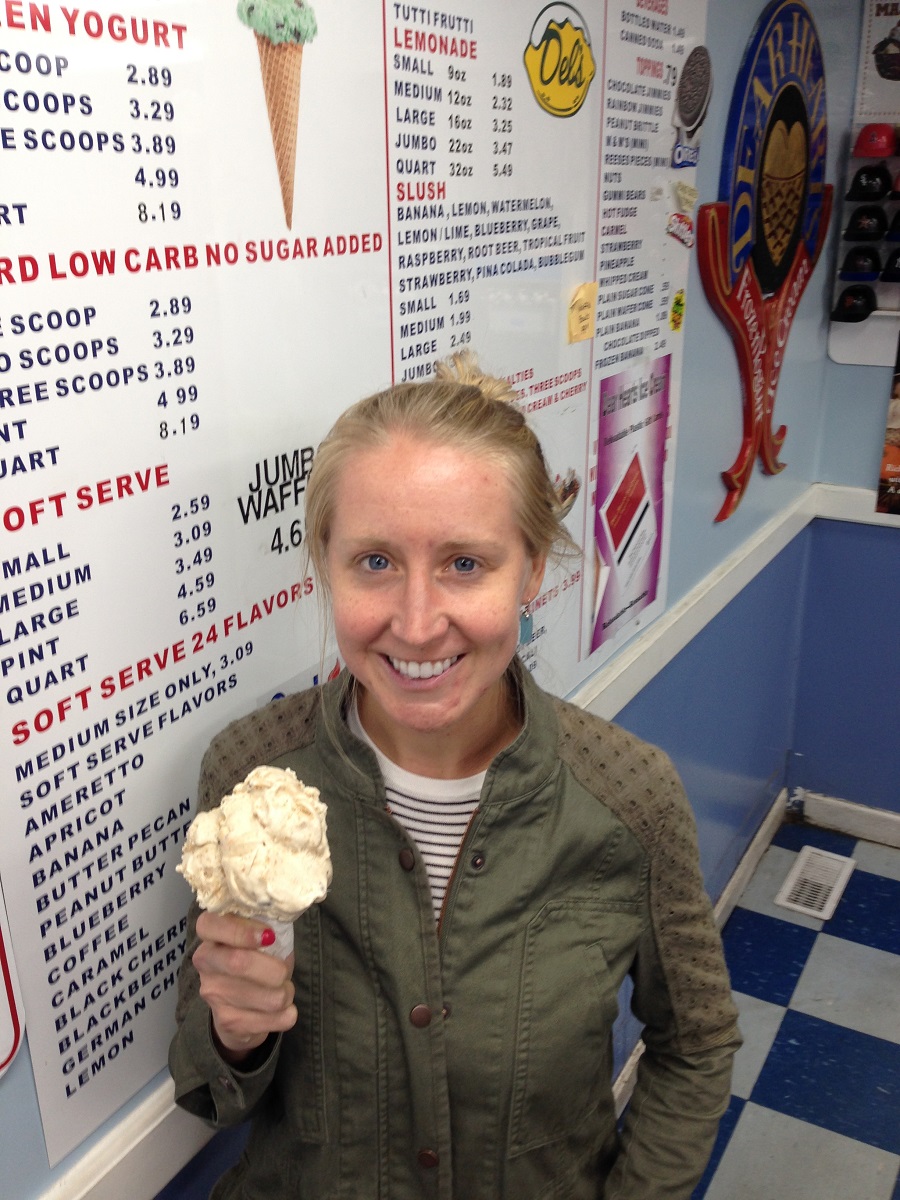



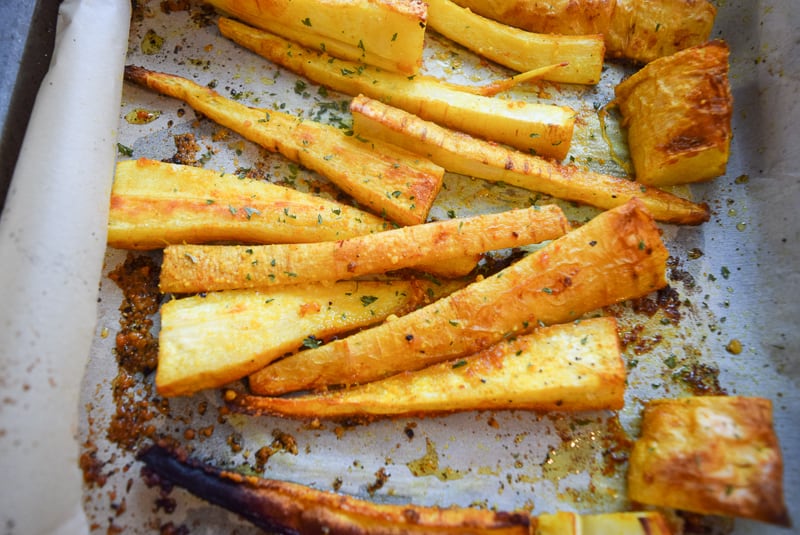
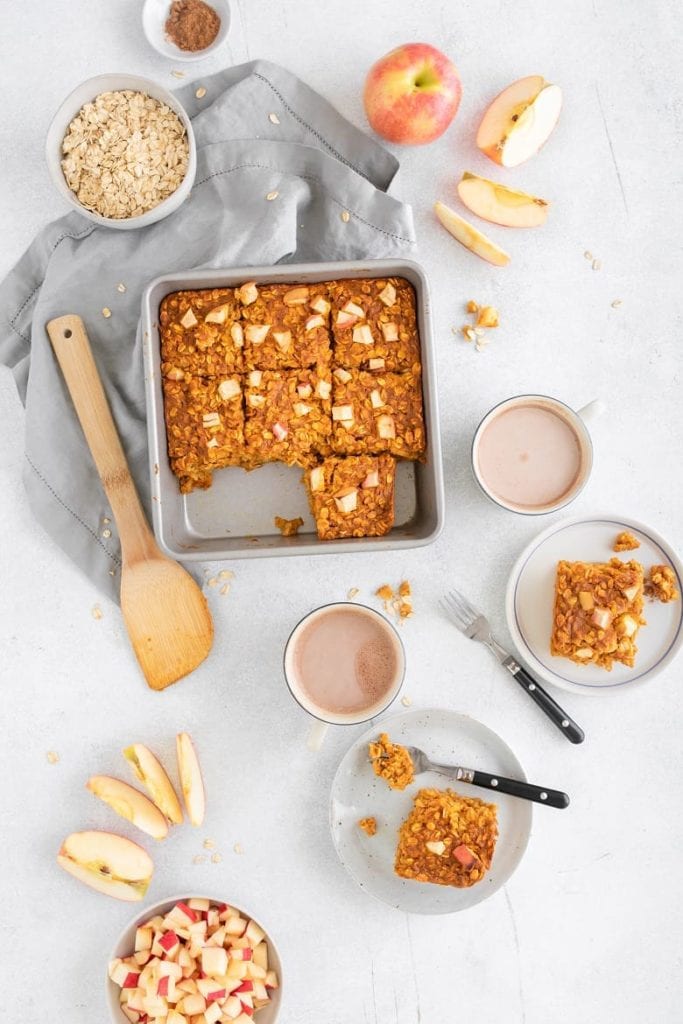

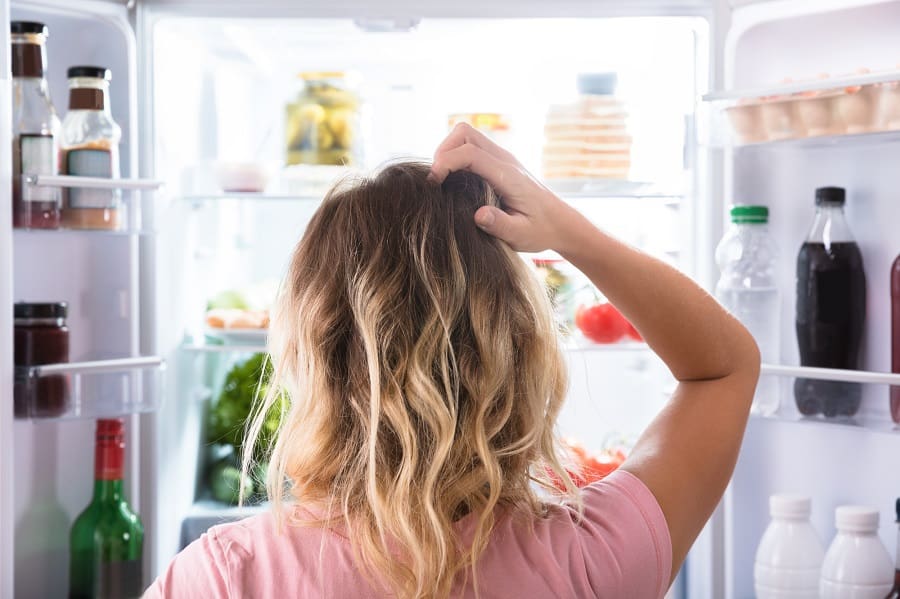
Like This Content?
Support Bucket List TummyLove this article… Seriously like reading my life as an RD lol. Thanks for this.
Yes!! This is something I’ve been thinking about a lot lately. I am realizing that by keeping this “clean eating” mindset, I end up feeling guilty all the time for eating “bad” food and I end up craving those foods more! I’m starting to let myself enjoy the foods I love in moderation. When I am craving pizza, I get it and don’t feel guilty because most nights I eat healthy dinners.
I’m so glad that you are learning to enjoy the foods you love!
Such an useful article. So timely and well written.
Thanks Roxana!
Absolutely love this! I think “healthy eating” is better than “clean eating.” When you’re eating healthfully, there’s room for sweets, treats and processed foods. Feeing your soul is just as important as feeding your body!
I think healthy can still be somewhat subjective, but I agree with you that it certainly includes sweets, processed foods and all the likes. Just finding peace with your choices, too!
I have to agree with you on this! “Clean eating” is just another one of those things people get obsessive about – and one of the biggest reasons why orthorexia has become so much more common! If you label food as “good” or “bad”, “clean” or “unclean”, you’re not looking at it with a healthy balanced mentality.
So true!!
Great Post, thanks for sharing!
Thanks Abbey!
Such an interesting post!
Thanks, Amy!
So much YES to this post! Outside of the super specific labels like gluten-free, vegan, nut-free, dairy-free, etc. that I use to categorize recipe for my blog, I really don’t like attaching any labels to my food… especially with something like ‘clean eating’ where no one really knows what it means. I’ve had people tell me they think clean eating means low calorie, or low fat, or no processed foods.. and while I agree that, yeah, it’s important to have a general idea of what we’re putting in our bodies, stressing about it too much is way worse for us in the long run than having those not-so-“clean” foods. Nothing is off-limits in my head because, like you said, that just makes you crave those “forbidden” foods even more and leads to a seriously unhealthy relationship with food.
The tough thing is that we all have different opinions and representations, and sometimes they can be so binding that we don’t want to color outside the lines. I’m so glad that nothing is off limits. Your recipes are some of my favorites!
Great post and I couldn’t agree more! I hate it when I hear the term clean eating though people will say that to me expecting kudos or a medal or something and are surprised when I tell them it isn’t a term I use or believe in and why. Bravo!
Thanks so much, Ann!
This is an absolutely wonderful post. You said it all perfectly. I hope when I graduate I can join the voices of Nutritionists and Dietitians preaching this message.
Thank you Megan. It will be great to have more people sharing this voice!
I am so happy that you posted this because I think it’s really important. Everything is about balance – in fact I just had pizza for lunch and am very pleased with this choice!
Xo.
It is an important topic to address. Thanks for stopping by, Julie!
I absolutely adore this post! You’re right–I don’t find “clean eating” to be a particularly meaningful term. Definitely more useful/healthy than dieting, but still really problematic. We are all human, even dietitians, and we should not let guilt motivate how we eat. We should let joy motivate what we eat instead–including, but not limited to, the joy of taking care of our bodies and eating more traditionally healthy foods.
I love your point of letting joy motivate our food choices – that’s a great point!
I don’t mind the term clean eating, but then again I don’t have issues restricting myself around food. And of course that’s something I learned! I’m more about intuitive eating, but it doesn’t hurt to keep in mind a daily focus on choosing healthy foods (“clean”) and then deeply enjoy my cookie.
YESSS, deeply enjoying the cookies is important! Thanks for reading, Amanda! 🙂
I agree that it is such a loaded term and everyone has there own ideas about it. For me clean eating is more about 80/20. Eating healthy, whole foods 80% of the time and the other 20% of eating foods that make you happy. I also think as a whole society is moving away from highly processed foods like we ate in the 90s and 00s which is a beautiful thing. Great thoughts today! Thanks for sharing.
Thank you for reading!
Such a great message. I’m really tired of hearing the term “clean eating”. We all just do the best we can. I need to know where you got those donuts from, they looked sooo good! Meanwhile I’m trying to fight the temptation of all my leftover Halloween candy!
“We’re all doing the best we can.” <-- Great quote and so true! We need to give ourselves grace.
I try to keep my food choices “whole” but real life only allows me to do that 80% of the time…like you said, we are all human and denying that really messes up your relationship with food!
Preach, girl!
I hate the term too. It just oozes judgment. Plus, it’s so arbitrary. Unless you grow your own food, almost everything you eat is “processed” to some extent.
You’re right! We don’t want to portray any terms of judgment.
Yesssss I kind of hate any kind of labeled eating. Clean eating is one of the worst offenders. I think it’s so important that RDs model balance, especially if they have a social media presence. Thank you!
I completely agree!
I love this post! I def struggle sometimes, but everyone does, just like you said! I try to keep it pretty healthy most of the time, but when I want something, I eat it. It is all about balance and stressing too much about food is not going to be very good on your health. It is definitely a work in progress for me though.
It’s definitely something that I think everyone faces because we are all humans! Work in progress is the perfect way to look at it 🙂
I can just like HUG you for writing this post; I totally feel a sense of food freedom whenever I read your posts. You enjoy EVERYTHING in moderation, and your laid back attitude about food really really speaks to me as someone who has struggled with food restriction. This is such a blessing Sarah. Thank you! <3
I love reading your comments, Emily. Thank you for your kind words. I’m so honored!